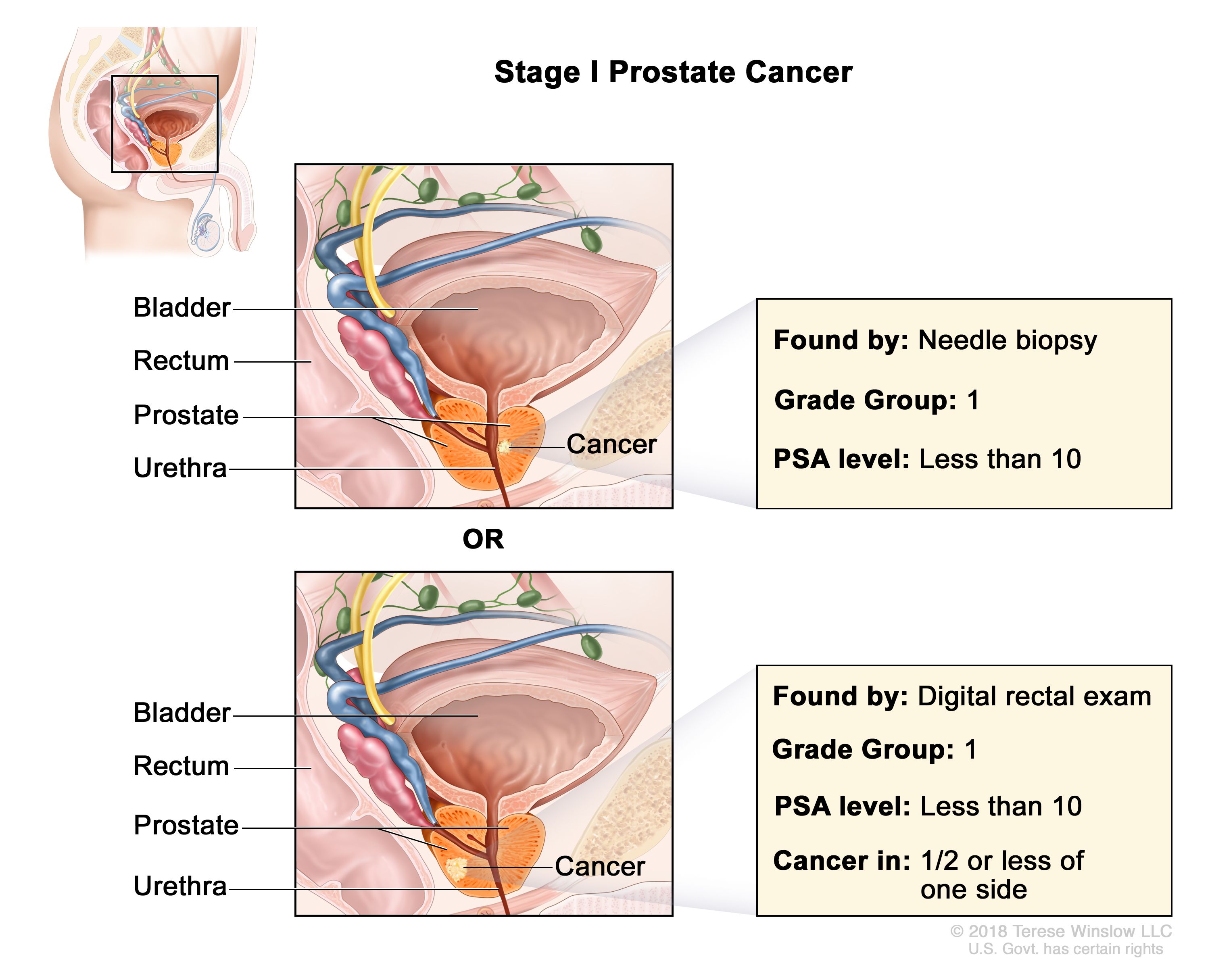Top Guidelines Of Best Prostate Cancer Doctor In Mumbai
Top Guidelines Of Best Prostate Cancer Doctor In Mumbai
Blog Article
Newest Study on Prostate Cancer Cells Discovery and Therapy Options
Recent developments in the field of prostate cancer cells discovery and treatment have triggered substantial rate of interest amongst clinical professionals and patients alike. As scientists continue to explore these cutting-edge methods and their ramifications for client treatment, the possibilities for even more efficient and tailored treatments in prostate cancer are becoming significantly obvious.
Very Early Discovery Techniques
Using advanced testing methods is essential in the very early detection of prostate cancer cells, as timely medical diagnosis substantially enhances treatment end results. One of one of the most typical testing tests for prostate cancer cells is the prostate-specific antigen (PSA) blood test. Raised levels of PSA may suggest the visibility of prostate cancer cells, triggering further diagnostic examinations such as a digital anal examination (DRE) or a prostate biopsy. However, the PSA examination has limitations, as elevated degrees can also be brought on by non-cancerous problems like benign prostatic hyperplasia or inflammation.
Recently, advancements in imaging innovation have brought about the advancement of even more precise analysis devices for finding prostate cancer cells. Multiparametric magnetic vibration imaging (mpMRI) is one such device that combines different sorts of MRI sequences to produce comprehensive photos of the prostate gland. This imaging technique assists in determining questionable areas that may call for additional examination with targeted biopsies. By integrating these sophisticated testing methods right into regular prostate cancer cells testings, medical care companies can enhance the possibilities of discovering the illness in its early stages when therapy is most reliable.

Genetic Testing Advancements
Provided the advancements in analysis tools for identifying prostate cancer, the assimilation of genetic testing innovations uses a promising method for additional boosting early discovery techniques. Hereditary testing has the prospective to determine individuals with a higher hereditary predisposition to prostate cancer cells, allowing for targeted testing and personalized therapy strategies. By evaluating details hereditary pens connected with prostate cancer cells, healthcare suppliers can better examine a person's risk profile and dressmaker testing protocols accordingly.
In addition, genetic testing advancements can assist in identifying the aggression of prostate cancer cells, leading treatment decisions and enhancing individual end results. Recognizing anomalies in genetics like BRCA1 and BRCA2 can affect therapy choices, such as opting for more aggressive therapies or participating in medical trials for targeted treatments.

Immunotherapy Innovations
What substantial development has been made in the realm of immunotherapy for prostate cancer therapy? Immunotherapy has actually become an appealing treatment option for prostate cancer cells, with recent advancements revealing wonderful prospective in improving client end results. One notable development is the usage of immune checkpoint inhibitors, such as pembrolizumab and nivolumab, which work by obstructing inhibitory paths in the immune system, allowing it to far better attack and identify cancer cells. Scientific trials exploring the effectiveness of these inhibitors in sophisticated prostate cancer have actually shown appealing results, with some people experiencing considerable reactions and long term survival. Best prostate cancer doctor in Mumbai.
An additional amazing location of study is the growth of restorative cancer cells injections that promote the immune system to target prostate cancer cells specifically. These developments in immunotherapy hold terrific guarantee for improving outcomes for prostate cancer cells people and are leading the method for more reliable and individualized treatment techniques.
Precision Medication Approaches
Immunotherapy developments have actually paved the way for accuracy medicine techniques in prostate cancer therapy, targeting particular hereditary modifications to customize treatments for individual people. Precision medication in prostate cancer entails identifying vital genetic anomalies or modifications within a person's growth that drive cancer growth. By understanding these special genetic modifications, oncologists can select targeted treatments that are most likely to be effective for that certain individual. This strategy provides an extra customized therapy strategy contrasted to traditional techniques, such as chemotherapy, which might not differentiate in between various hereditary subtypes of prostate cancer cells.
With accuracy medication, people can gain from treatments that are not only much more efficient however likewise possibly much less poisonous, as they are made to specifically target cancer cells while saving healthy cells. In addition, ongoing research is concentrated on identifying new genetic markers and developing innovative targeted treatments to better boost the accuracy and efficiency of prostate cancer cells therapies. The combination of accuracy medication into scientific technique stands for a considerable improvement in the administration of prostate cancer cells, providing hope for improved end results and top quality of life for individuals.
Emerging Treatment Modalities

Conclusion
In conclusion, the latest research on prostate cancer cells discovery and therapy choices has shown substantial advancements in very early discovery techniques, hereditary testing developments, immunotherapy approaches, accuracy medication strategies, and arising treatment modalities. These growths hold assurance for enhancing client outcomes and quality of life. Best prostate cancer hospital in India. Proceeded research study and collaboration in this field are vital to additionally improve our understanding of prostate cancer and create a lot more effective treatment methods
Elevated degrees of PSA might indicate the visibility of prostate cancer, motivating additional diagnostic examinations such as a digital anal exam (DRE) or a prostate biopsy.An additional exciting location of research study is the development of healing cancer cells injections that boost the immune system to target prostate cancer cells particularly.Immunotherapy developments have actually paved the means for precision medicine approaches in prostate cancer cells therapy, targeting particular hereditary alterations to customize therapies for private people. Precision medication in prostate cancer cells involves recognizing key genetic anomalies or alterations within an individual's lump that drive best prostate surgeon in Mumbai cancer growth.In verdict, the latest research study on prostate cancer cells detection and treatment choices has actually shown significant improvements in very early detection techniques, hereditary screening innovations, immunotherapy methods, accuracy medication strategies, and emerging treatment techniques.
Report this page